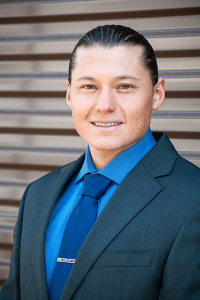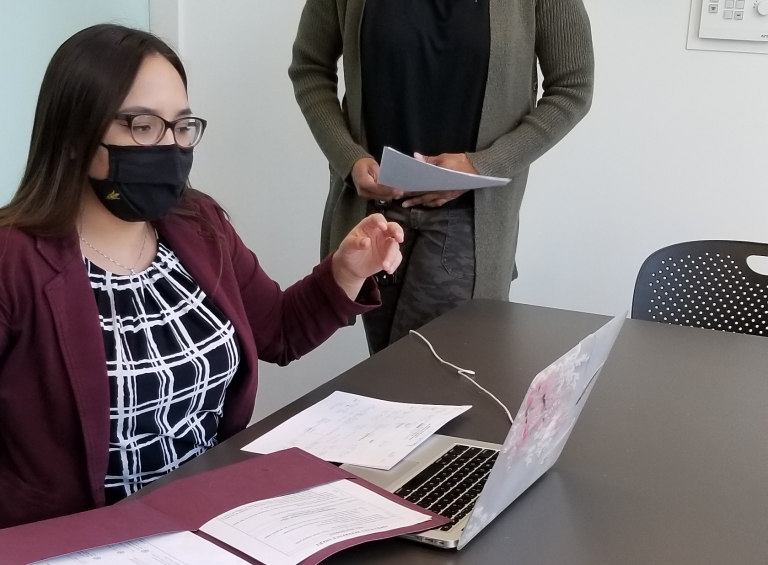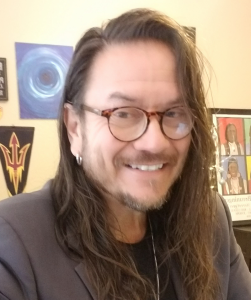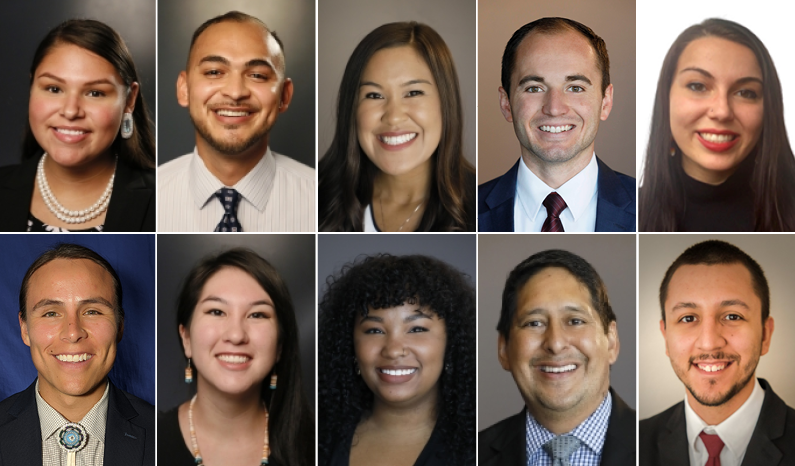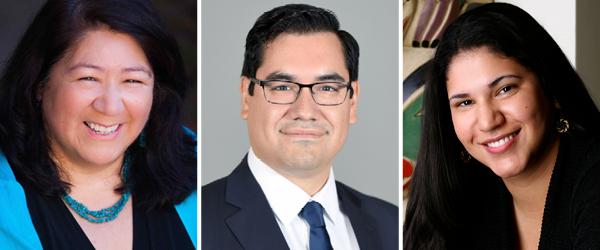In celebrating “Women’s History Month,” we turned to some of the women of the ILP to shed light on Native women legal professionals and advocates in this Progress, Power, Purpose series. Newest to the ILP Family, Indian law scholar Stacy Leeds brings her extraordinary experiences and ideas to shape the future: first Indigenous woman to lead a law school, Dean Emeritus of the University of Arkansas School of Law, first woman to serve as a Justice on the Cherokee Nation Supreme Court. She is currently a Muscogee (Creek) Nation district court judge and an appellate court judge for Prairie Band Potawatomi Nation. Having paved the way for Native women in different areas, why not consult with this fierce Oklahoma Cherokee woman? Amid a global crisis, this visionary created her blog—IndigenousWell—as a platform of much-needed inclusion and to propel Indigenous women professionals and the balance work of health and wellness.
Q: What does your current position entail?
A: Teaching, writing, helping to advance the mission of the Law School and the ILP
Q: Were you always interested in this kind of work?
A: Indian law has always been an interest, but I never would have predicted the many directions my work would take
Q: What advice do you have for Native American women who want to work in this area?
A: Always be respectful and supportive of others. Never underestimate the value in your reputation and your network.
Q: What is your proudest career moment?
A: It’s the many moments when former students exceed their own expectations. It is very powerful to witness a big change in someone’s life trajectory and know you played an important role in that.
Q: Is there anything you’ve learned after graduating law school that you wished you learned in class?
A: The complexity of what it takes to be a really great advocate. The strategy, the big picture, the importance of knowing when to be bold and when to be reserved. Law school is a great start, but there are many things that come with experience and maturity.
Q: What is the most valuable lesson you learned in the classroom that has helped you in your career?
A: Critical thinking skills coupled with the ability to communicate. It’s why law school graduates will always have the benefit of diverse career opportunities.
Q: Who are three Native American women law professionals and/or advocates who should be on our radar right now?
- From Indian law scholars: Professor Maggie Blackhawk (Fond Du Lac Ojibwe) at Penn State Law
- From Federal Indian Country Crime Prosecutors: Courtney Jordan (Cherokee)
- From Tribal Governance Roles: ILP grad Doreen McPaul (Navajo)
Q: You are a Native American woman making history and have been the “first” in prominent areas throughout your career—first Native American woman to serve as a Law School dean, first woman justice for the Cherokee Nation’s Supreme Court—Did you ever feel like the lone Native American voice in the room? How did you overcome those adversities? For that girl/woman who is finding her rhythm and trying to carve out a space to thrive, what advice would you give her?
A: I have often been the only woman and the only Native American voice on certain issues and inside certain physical spaces, but I have rarely felt “alone” in those moments. There’s a big difference in feeling lonely (wishing you had peers around you) and being alone (separated without a connection to others). I am always connected to Indigenous issues and Indigenous people and those connections strengthen me. That being said, many of us will find ourselves in roles and circumstances where we are the perceived “voice” representing others. It’s a delicate balance to maximize the power and duty in that moment while simultaneously educating others on the diversity of viewpoints across Indian country. At the end of the day, always try to be your authentic self and don’t compromise your values. There will always be hard days and difficult situations, but in totality, look for opportunities where the positive energy far exceeds the negative energy. I have learned that when I prioritize my own mental, physical and spiritual health, I am also at the top of my game professionally, including being a better advocate for others.
Review Stacy’s publications:
- Two draft co-authored articles published in the SSRN, “A Wealth of Sovereign Choices: Tax Implications of McGirt v. Oklahoma and the Promise of Tribal Economic Development” and “A Familiar Crossroads: McGirt v. Oklahoma and the Future of the Federal Indian Law Canon.” Please email any feedback.
- Interviewed by Creative Native podcast about the launch of her blog, IndigenousWell and how athletics in native youth can positively impact their professional lives as leaders.
- Her latest tribute to Congresswoman Deb Haaland in this riveting piece, “Picking up broken glass + broken hearts.”
- More of her amazing work on her website StacyLeeds.com.
